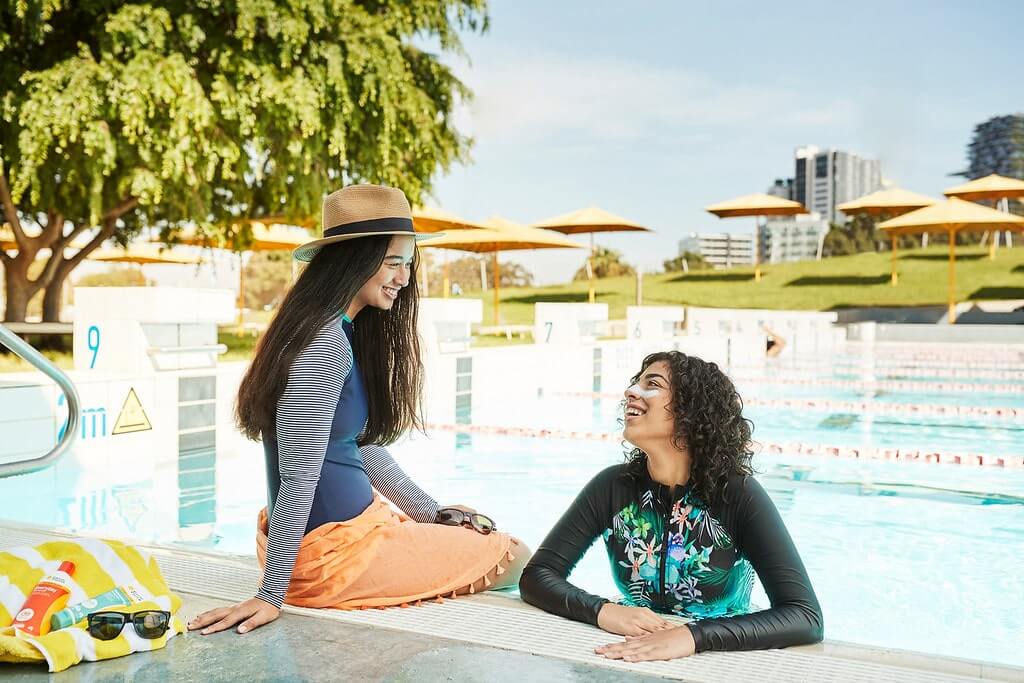Blog
Why we need to turn up the heat on sun safety
4 February 2015

Australia is largely a success story when it comes to skin cancer education - so why are more Aussies getting sunburnt?
Most of us can still remember when Slip, Slop, Slap first hit our TV screens in the 1980s - for many of us the jingle has lingered in our heads ever since.
From "There's no such thing as a healthy tan" to the powerful story of Wes Bonny, over the years we have seen both governments and NGOs create some great health campaigns, helping to change the behaviour of a traditionally sun-baked country.
The success of these campaigns is something that we can be proud of. Cancer Council's National Sun Survey tells us that compared to 10 years ago, the percentage of adults getting sunburnt has dropped and Aussie teenagers' desire for a tan is declining - the once desirable image of the bronzed Aussie is fading out.
Yet, data released by Cancer Council on World Cancer Day shows us that almost 2.4 million Australian adults are sunburnt on a summer weekend and that in the last four years the number of adults getting sunburnt has crept back up. The downward trend in sunburnt rates appears to have hit a hurdle.
We estimate that around 430,000 more adults were sunburnt on a weekend last summer, compared with four years ago. This is a significantly higher number of Aussie adults putting themselves at risk of skin cancer.
More research is required to determine exactly why this backwards trend has occurred, but the data suggests that adults are not only spending more time in the peak UV sun, but are also failing to adequately protect themselves.
Eighteen percent of our adult survey respondents said they hadn't protected most of their skin when they spent more than an hour in the sun.
This year's World Cancer Day theme is "Not Beyond Us" - focusing on the key things we can all do to help beat cancer.
Skin cancer is one of Australia's most common cancers, but there is plenty that can be done to reduce its impact.
Firstly, as adults, we need to remember the importance of sun protection. Around 2000 people die of skin cancer each year and 95-99% of skin cancers are caused by excessive exposure to UV from the sun.
Ultimately, however, to continue to see improvements in Australians sun-protection behaviour, we need to encourage the Australian Government to reinvest in a national campaign that sticks in our heads when we are thinking about heading out into the sun.
Skin cancer is a significant problem in Australia, but it's not beyond us and government to reduce its impact.
Tags
